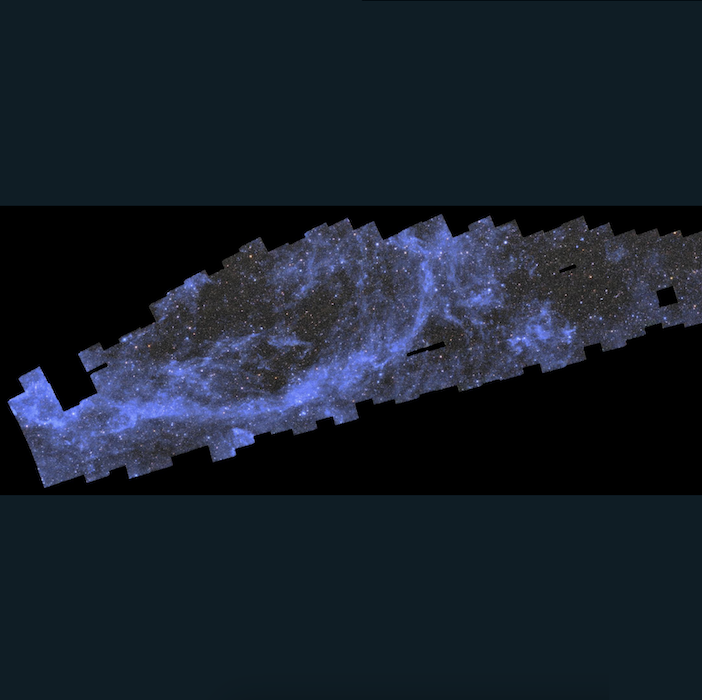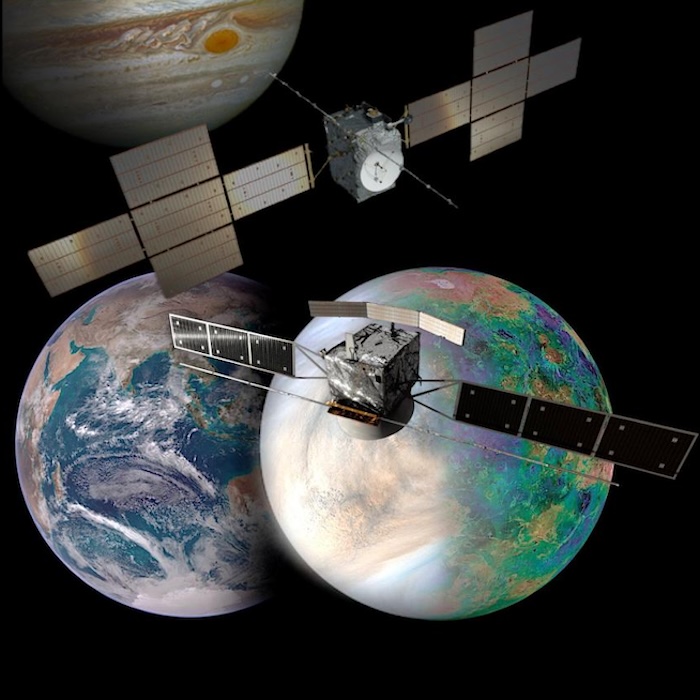Vacancy: Science Operations System Engineer for Envision
ESA's Directorate of Science is looking for a System Engineer to support the Envision Science Operations Centre.
Envision will be the first mission to investigate Venus from its inner core to its upper atmosphere, characterising the interaction between its atmosphere, surface/subsurface and interior. It aims to provide a holistic view of Venus, studying the planet’s history, activity and climate. Envision is targeting a launch in the early 2030s.
We are looking for Science Operations System Engineer to lead the design, implementation, and testing of the science ground segment systems. The post would suit someone with space operations experience, and knowledge of science data processing or operations planning.
The deadline for applications is 1 November 2024.
|








































 Sign in
Sign in
 Science & Technology
Science & Technology









